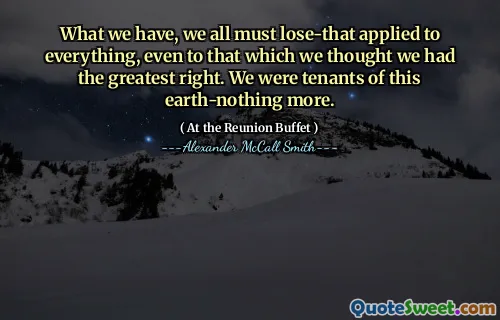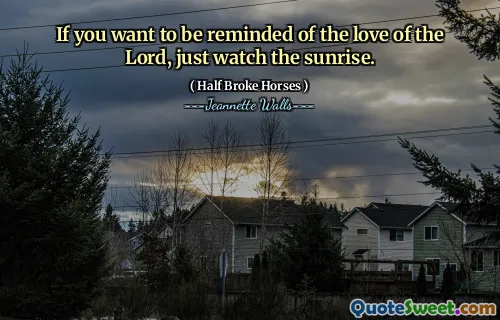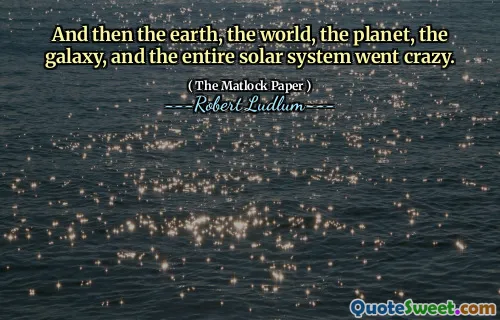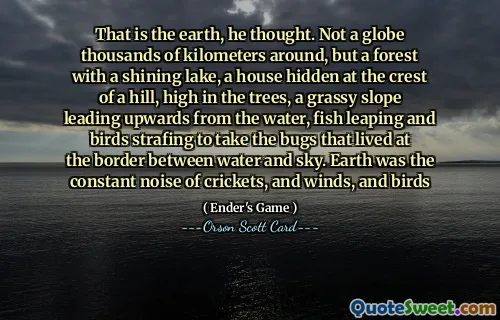We stand now where two roads diverge. But unlike the roads in 's familiar poem, they are not equally fair. The road we have long been traveling is deceptively easy, a smooth superhighway on which we progress with great speed, but at its end lies disaster. The other fork of the road - the one less traveled by - offers our last, our only chance to reach a destination that assures the preservation of the earth.
In her book "Silent Spring," Rachel Carson reflects on a critical juncture in our relationship with the environment. She describes a metaphorical crossroads where one path appears easy and inviting, representing our current practices that prioritize convenience and speed. However, this route ultimately leads to dire consequences for the planet. Carson warns that the allure of this smooth road masks the impending disaster we risk if we continue down this path.
On the other hand, the alternative route, though less attractive and more challenging, presents an opportunity to safeguard the earth's future. This less traveled path symbolizes the necessary changes and sacrifices we must make to protect our environment. Carson emphasizes that this choice is our last chance to ensure the planet's preservation and stresses the importance of choosing sustainability over short-term gains.





